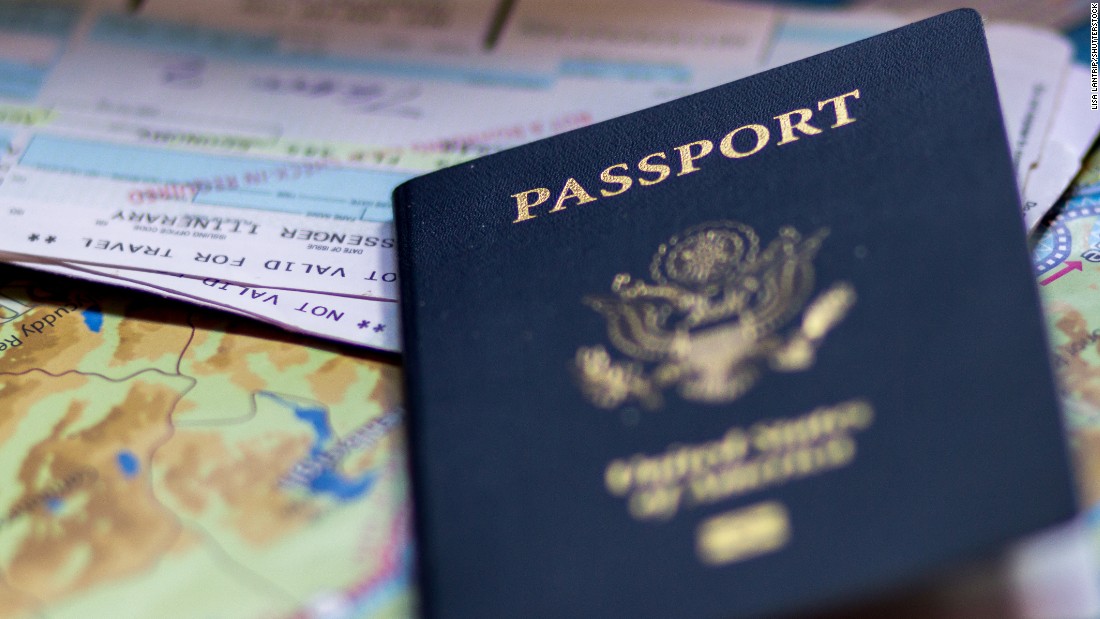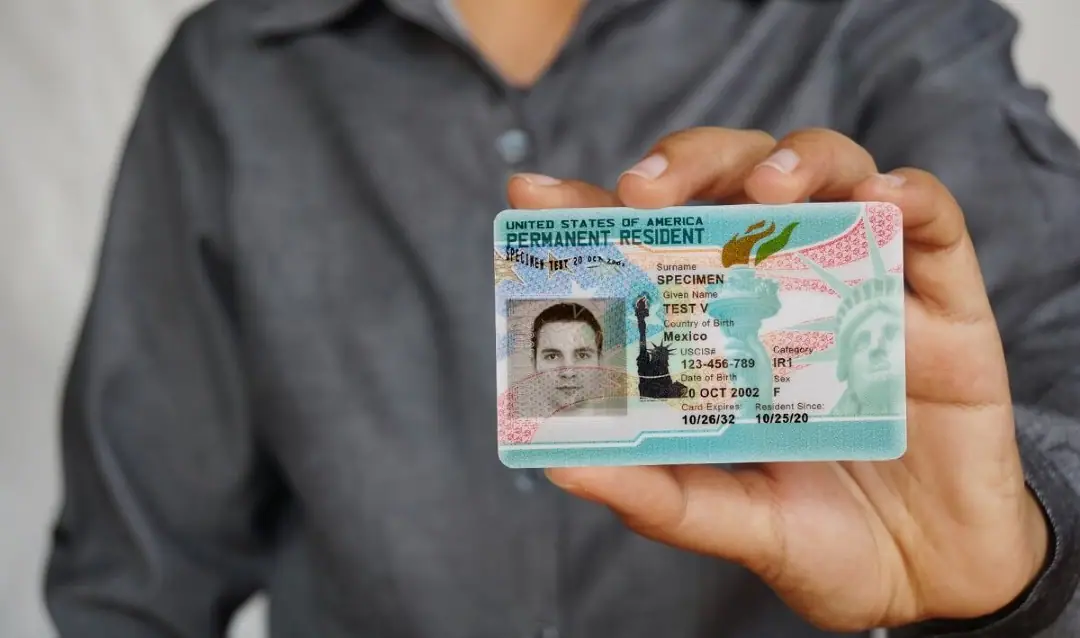The naturalization process in the United States is a crucial pathway for immigrants to become American citizens. For those who have come to the U.S. seeking a better life and future, understanding this process is vital. In this article, we will delve into the naturalization process, step by step, to help you grasp the requirements, procedures, and timeline.
Eligibility Requirements
To embark on the journey of naturalization, immigrants must meet certain eligibility criteria. These requirements typically include:
- Permanent Residency: You must be a permanent resident, holding a Green Card, for at least five years (or three years if married to a U.S. citizen).
- Physical Presence: During the five (or three) years before applying, you must have spent at least half of your time in the United States.
- Good Moral Character: Maintaining a good moral character is essential, which means avoiding serious criminal convictions.
- Basic Knowledge of English and U.S. Government: You need to demonstrate your ability to read, write, and speak basic English, as well as pass a U.S. government and history test.
- Attachment to Constitutional Principles: You should show an understanding and attachment to the principles outlined in the U.S. Constitution.
Application Process
Once you meet the eligibility criteria, you can initiate the naturalization process. Here’s an overview of the application process:
- Prepare and File Form N-400: This is the Application for Naturalization. You can download it from the U.S. Citizenship and Immigration Services (USCIS) website. Complete the form accurately and submit the required documentation along with it.
- Biometrics Appointment: After submitting your application, you will be scheduled for a biometrics appointment, where your fingerprints and photographs will be taken.
- Interview and Exam: You will be called for an interview with a USCIS officer. During this interview, you will be tested on your English language skills and knowledge of U.S. government and history.
- Background Check: The USCIS will conduct a background check to review your criminal history and ensure you meet the moral character requirement.
- Oath of Allegiance: If your application is approved, you will be invited to take the Oath of Allegiance at a naturalization ceremony, where you officially become a U.S. citizen.
1. How long does the naturalization process take?
The processing time can vary, but on average, it takes 8 to 14 months from the initial application to the naturalization ceremony.
2. Can I apply for naturalization if I’m married to a U.S. citizen?
Yes, if you’ve been a permanent resident for at least three years and have been married to a U.S. citizen for that duration.
3. What if I don’t pass the English and civics test during the interview?
If you don’t pass the test initially, you will be given a second opportunity to retest. Failing the retest may lead to a denial of your application.
4. Do I need an attorney to navigate the naturalization process?
While it’s not mandatory to have an attorney, many applicants find it helpful to consult with an immigration lawyer, especially if they have unique circumstances or concerns.
Conclusion
The naturalization process in the USA is a comprehensive journey that allows immigrants to become full-fledged citizens. By meeting the eligibility requirements, filing the appropriate forms, and passing the necessary tests, individuals can achieve their dream of U.S. citizenship. It’s important to stay informed, be prepared, and seek legal advice if needed, to successfully navigate this process. Remember, becoming a U.S. citizen opens up a world of opportunities and responsibilities, including the right to vote and participate fully in the American democratic process.







